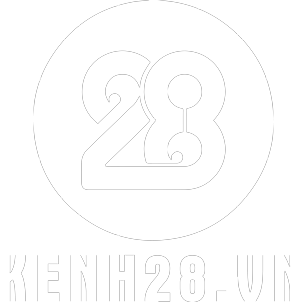The enduring story of Icarus and Daedalus transcends myth to deliver a powerful lesson on the perils of unchecked ambition—a warning echoed in physics, psychology, and contemporary culture. At its core, the tale warns against ignoring natural limits, whether in flight or in leadership.
The Myth: Overreaching and the Sun’s Heat
The myth reveals how Icarus’ wax-and-feather wings, designed for flight, failed under solar intensity—much like how modern innovators risk system collapse by ignoring physical or ethical boundaries. The principle is simple: energy absorbed exceeds thermal tolerance, leading to meltdowns and disintegration. This mirrors the physics of flight, where objects near stars face exponential heat buildup, demanding careful boundary-setting to avoid self-destruction.
Social Dynamics: The Tall Poppy Syndrome
Beyond physics, the myth illuminates a deep psychological pattern: the “Tall Poppy Syndrome,” where societies collectively suppress exceptional individuals who rise too high, fearing their dominance. This collective impulse reflects Icarus’ hubris—his soaring too close not just to the sun, but beyond the safe reach of human moderation.
“The tallest poppy is cut down, not because it’s weak, but because its height threatens the garden’s balance.”
This social behavior acts as a cultural brake, yet premature dismantling stifles progress. Recognizing this pattern helps leaders and innovators foster sustainable success without crushing ambition’s spark.
Modern Reflection: Drop the Boss
This viral story transforms myth into modern caution: leaders chasing unlimited ambition without sustainable limits invite collapse. Like Icarus, they pursue ascent beyond what systems or ethics can support. The narrative serves as a mirror, teaching us that unchecked authority, when unmoored from restraint, becomes a fatal trajectory.
Applying the Lesson: Risk, Leadership, and Boundaries
The myth and its modern echoes converge on a core insight: ambition must be balanced with humility and foresight. “Drop the Boss” is not just a viral meme—it’s a pedagogical tool urging leaders to recognize thresholds before hubris triggers failure.
- In innovation, boundary-setting protects systems and people from collapse.
- In management, recognizing when to step back preserves organizational health.
- Humility turns excess into strength, not weakness.
“Success is not final, failure is not fatal: it is the courage to continue that counts.”
— A timeless truth echoed in both myth and modern fall stories
Conclusion: From Myth to Wisdom
The fall of Icarus remains more than legend—it is a universal warning woven into physics, psychology, and culture. By understanding the science of heat and threshold limits, the social roots of self-sabotage, and the symbolic power of “Drop the Boss,” we gain tools to lead wisely. The story teaches that true progress respects natural and human boundaries, turning ambition into sustainable achievement.
| Key Principle | Real-World Application |
|---|---|
| Energy thresholds cause system failure when exceeded | In technology and leadership, unchecked growth risks collapse |
| Social fear suppresses rising talent | Organizations that silence high achievers lose innovation potential |
| Humility sustains long-term resilience | Balanced leadership fosters trust and lasting success |
For deeper exploration of this timeless lesson, visit learn how the myth shapes modern leadership.







